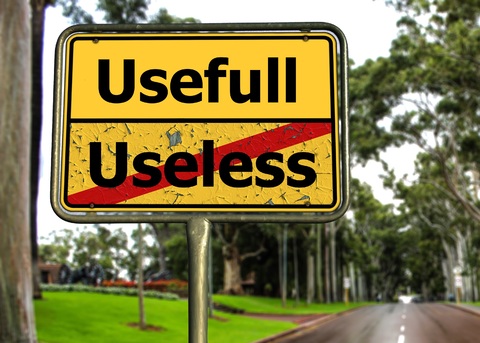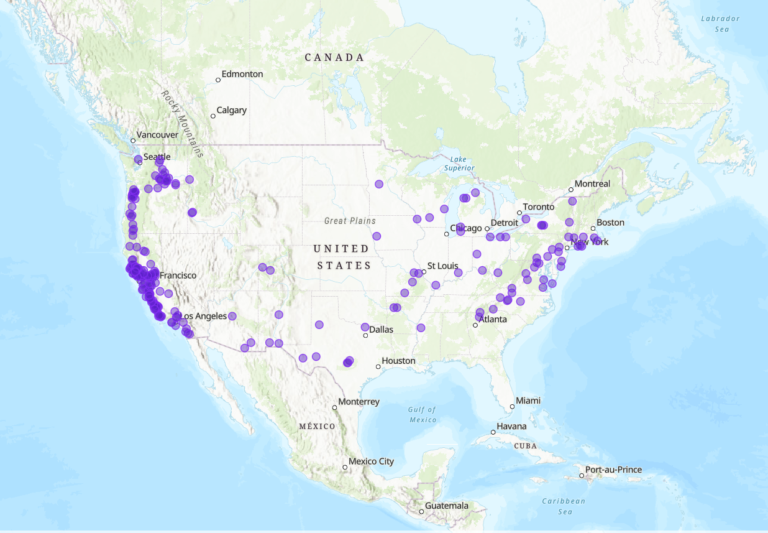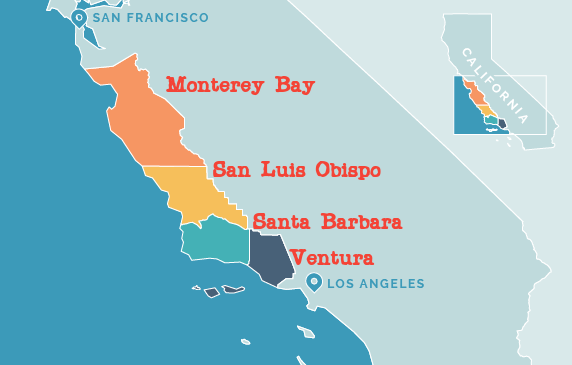The next time you go to a store to purchase a bottle of wine, before you flinch at the price, I would like to let you know there is so much going on behind the scenes that have an effect on that bottle price. It would be so much easier if a winery could just charge for the wine but sadly, it is not that easy of a mathematical equation.
Yes, first off, there is the cost of the grapes themselves. This can vary greatly from region to region. Once you pay for your tonnage, there is so much more you have to consider into the cost. These include, but not limited to the bins to hold the grapes, your harvest team, and the trucks that take your fruit from vineyard to crush facility. Let’s not forget that you must also purchase new barrels (even used barrels are a pretty penny) and all of the lab work and analysis that occurs while the wine is aging in barrel. (and that is before bottling I won’t get into the costs of bottling and distribution)
In addition to these costs, the government must have their take in this wonderful industry. Enter the bond. More than anything else in this world (at least it seems that way) the government wants to make sure they are going to get their money on any sales that occur. Depending on the production level of your wine, you will be required to have predetermined financial bond. This is literally money set aside in case your business fails and can not pay or you fail to pay the taxes that your winery had incurred.
When discussing bond, I am sadly not talking about
rather I am talking about a bank account
We are required, as a winery, to put a certain amount of money aside to guarantee the government that our taxes on the wine we (hopefully) sell will be paid. Although not the same, it does work the same way a criminal bond. (not that I personally know about it- everything I know about criminal bonds is thanks to one of my favorite book series Stephanie Plum, a hilariously funny New Jersey bounty hunter.
To give you a mental picture of a criminal bond, I’ll give an example. Picture yourself committing a crime. You are arrested. You go to court and plead not guilty (of course.) The trial will not occur right away, but you don’t want to be in jail during this time. The judge sets bail at ten thousand dollars. This is done to guarantee you do not leave and don’t show up to your court date.
Since not many people have ten thousand dollars to spare, you are forced to go to a bail bonds person. This person will put up your bond as long as you provide some sort of collateral. (ie. your house) The bonds person is making money, because you are giving him a portion of the bond. As long as you show up to court, he will get his entire investment back, plus the money you paid him. If you don’t show up you a bounty hunter come after you, your face goes on this sign
plus you just forfeited your collateral to him.
Within the wine industry, when it comes to bonds, you have two choices. You can either pay someone annually a percentage of the required bond or you can choose to suck up the entire bond once and register your bond with the government itself.
So it becomes a game of numbers. Typically, the bond agency expects ten percent of the total bond annually. The decision that needs to be made is, do we pay a bond agency a small amount of money annually or do we pay the government one time and be done with it?
Keep in mind, we are in a different situation than the larger wineries. We are lucky (not sure you can actually call it that) that we have begun to pursue our passion while we still have day jobs. We are a DINK (double income;no kids) household, we don’t have marketing and employees salaries to pay. We can do either option. We could pay a small fee annually, or bite the bullet once and say goodbye to the money and forget about it for the rest of our winery existence? I have an opinion of what we should do. If you were in our situation what would be your opinion? What would you do?
~Sláinte!




